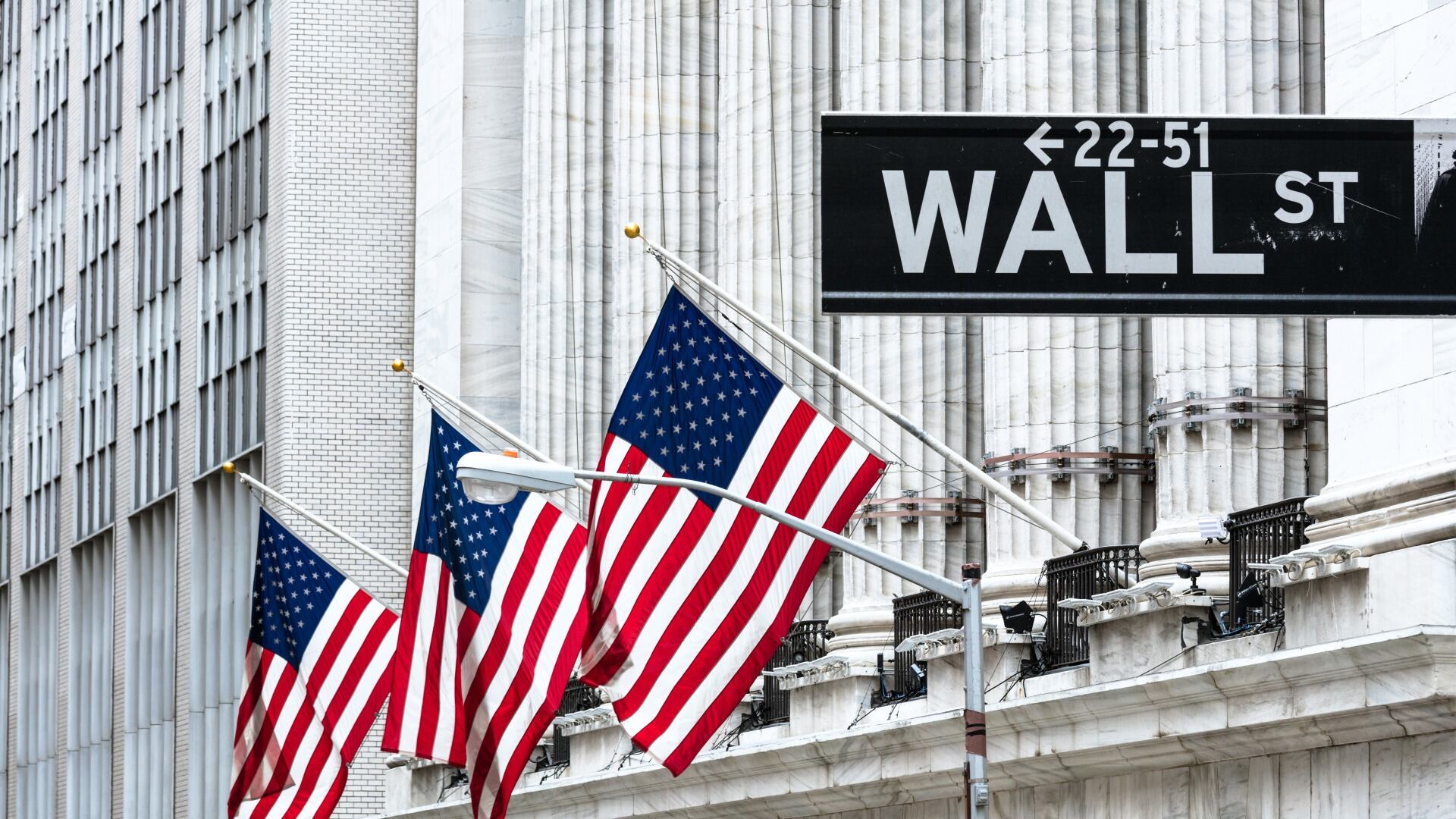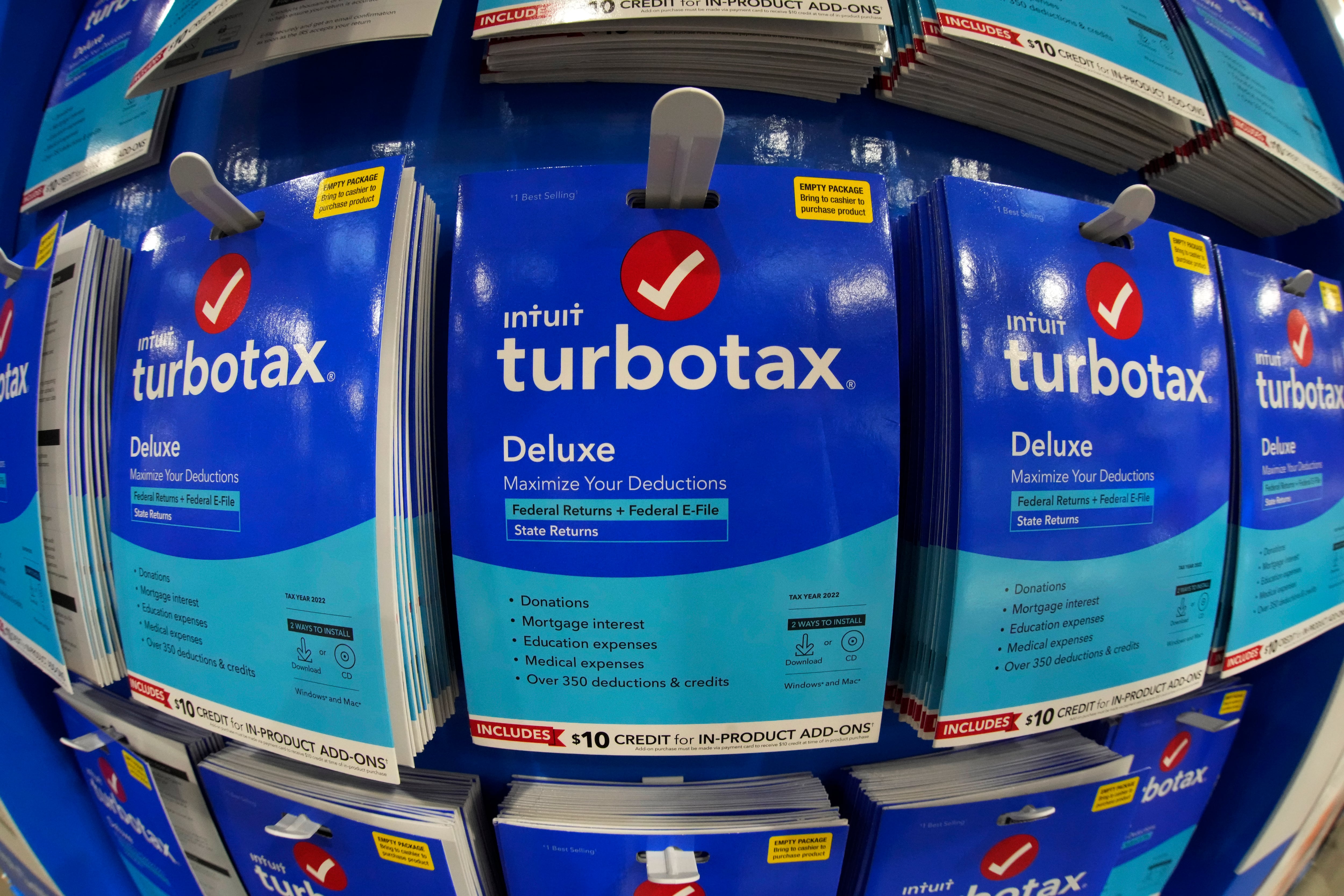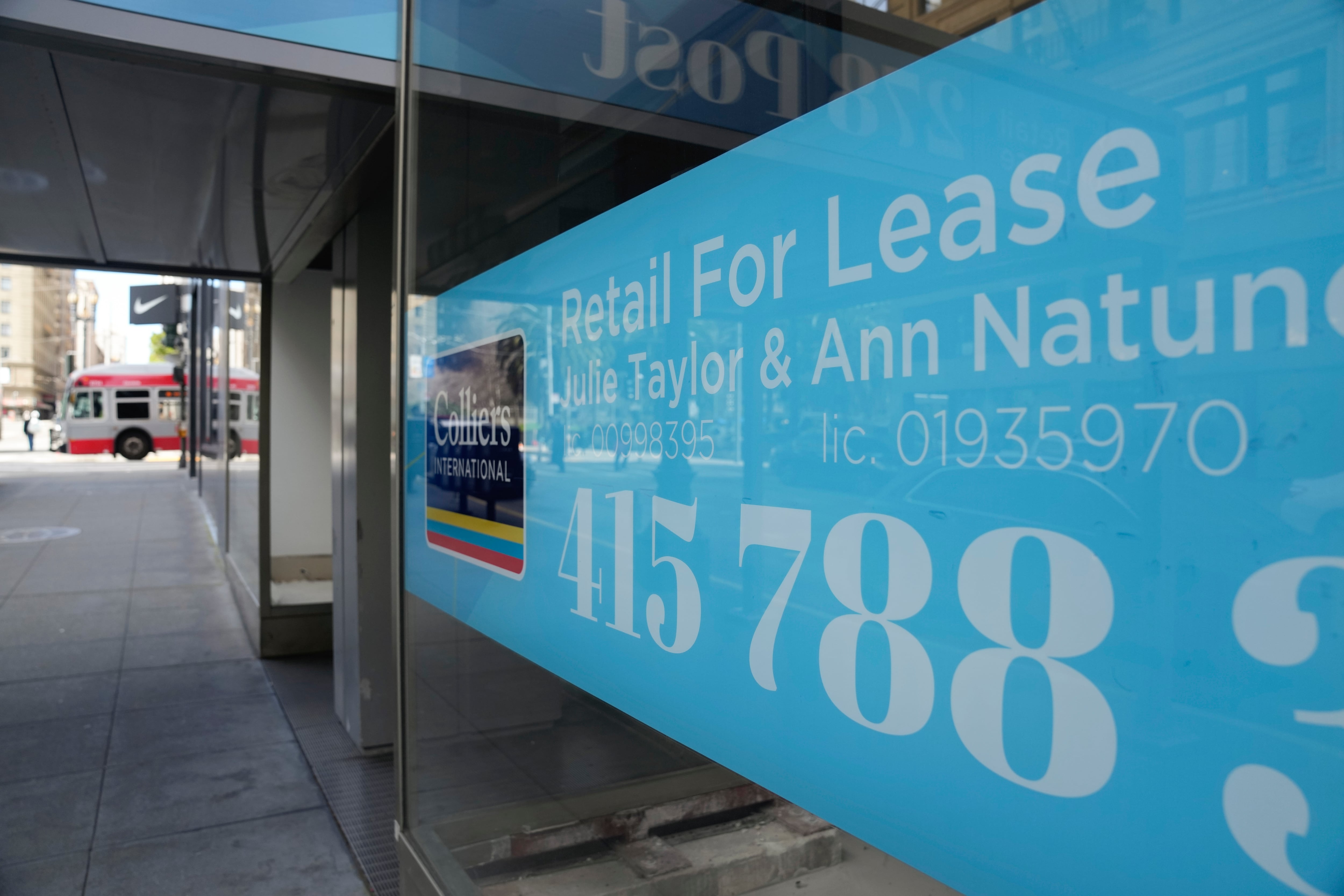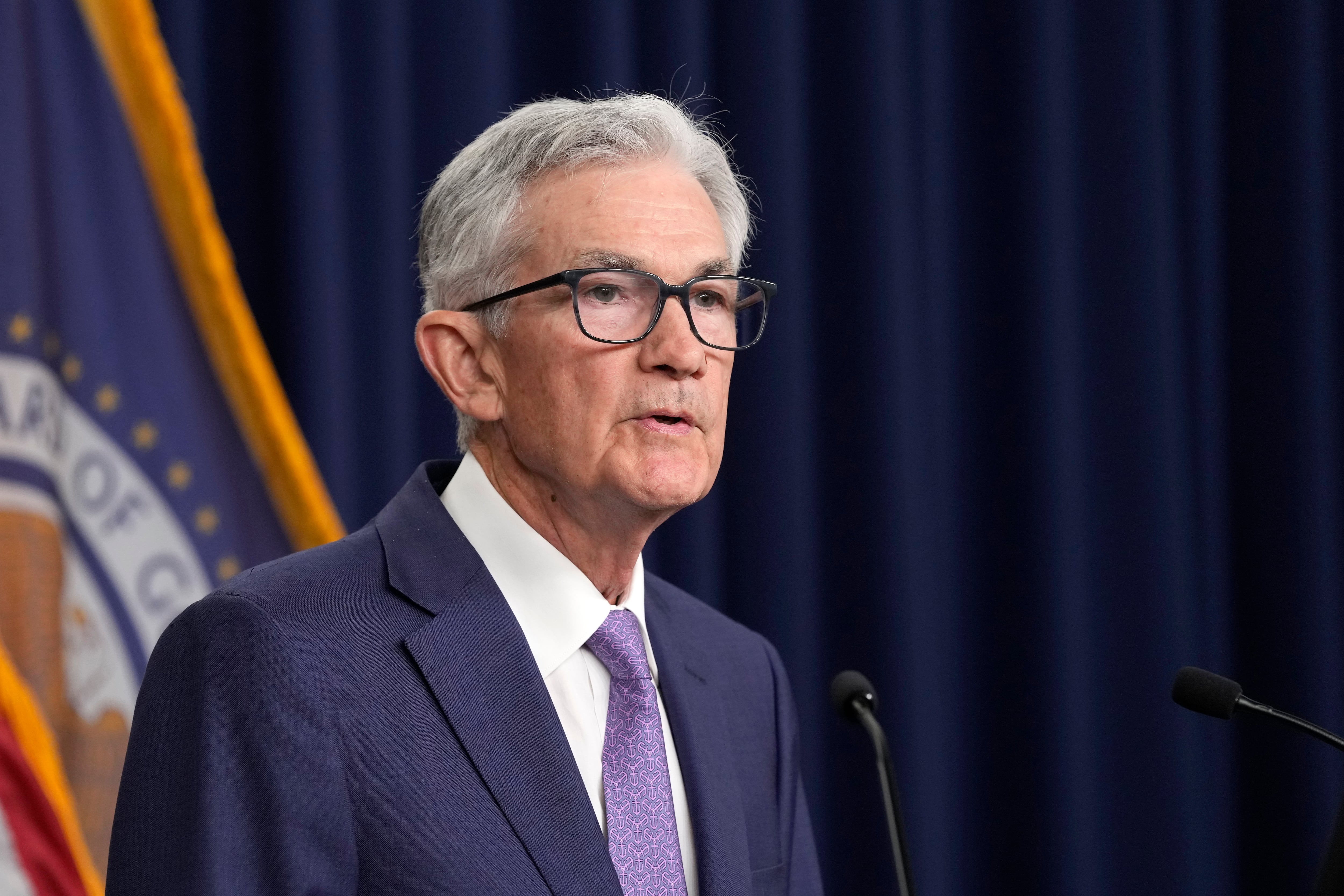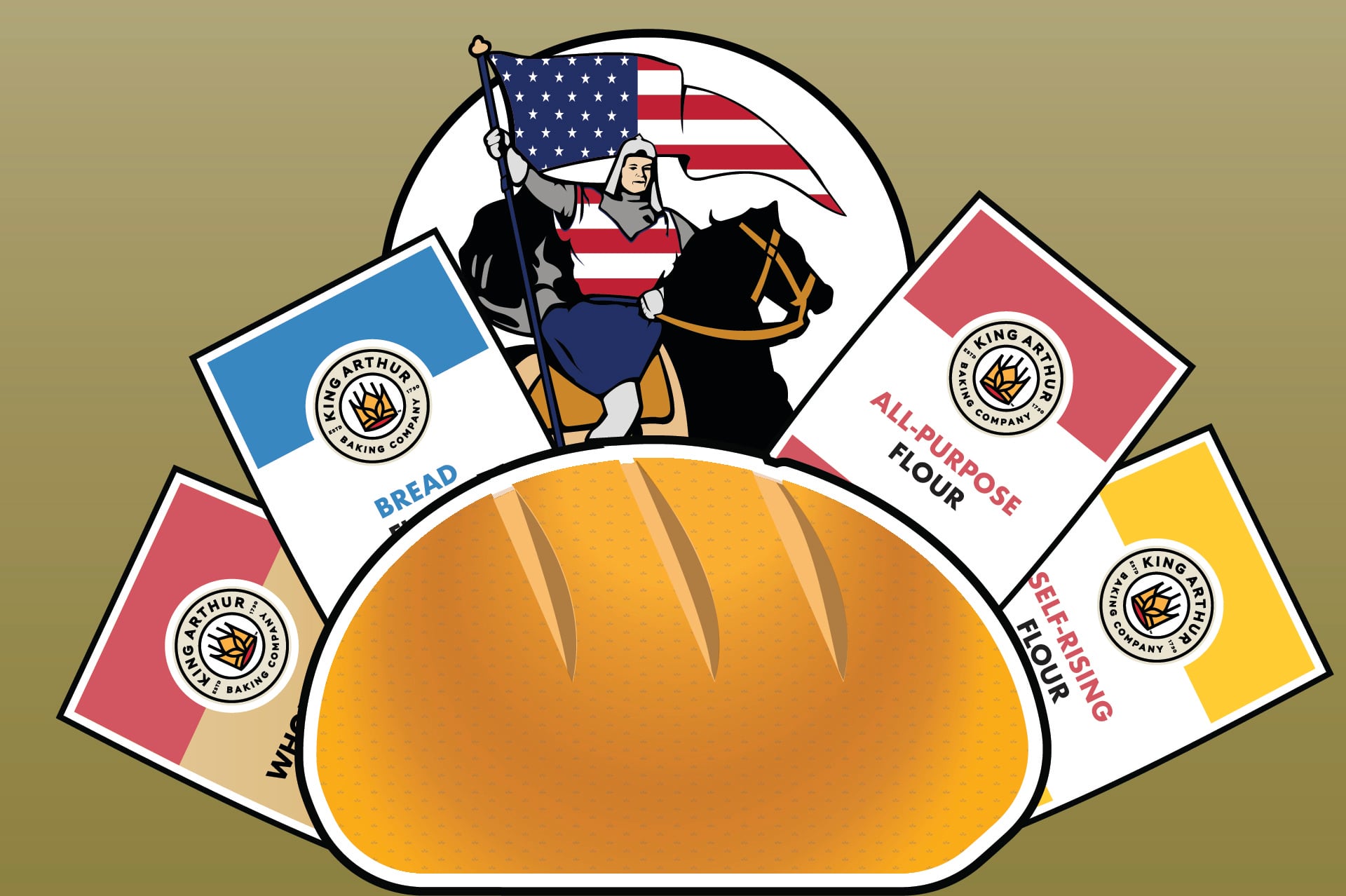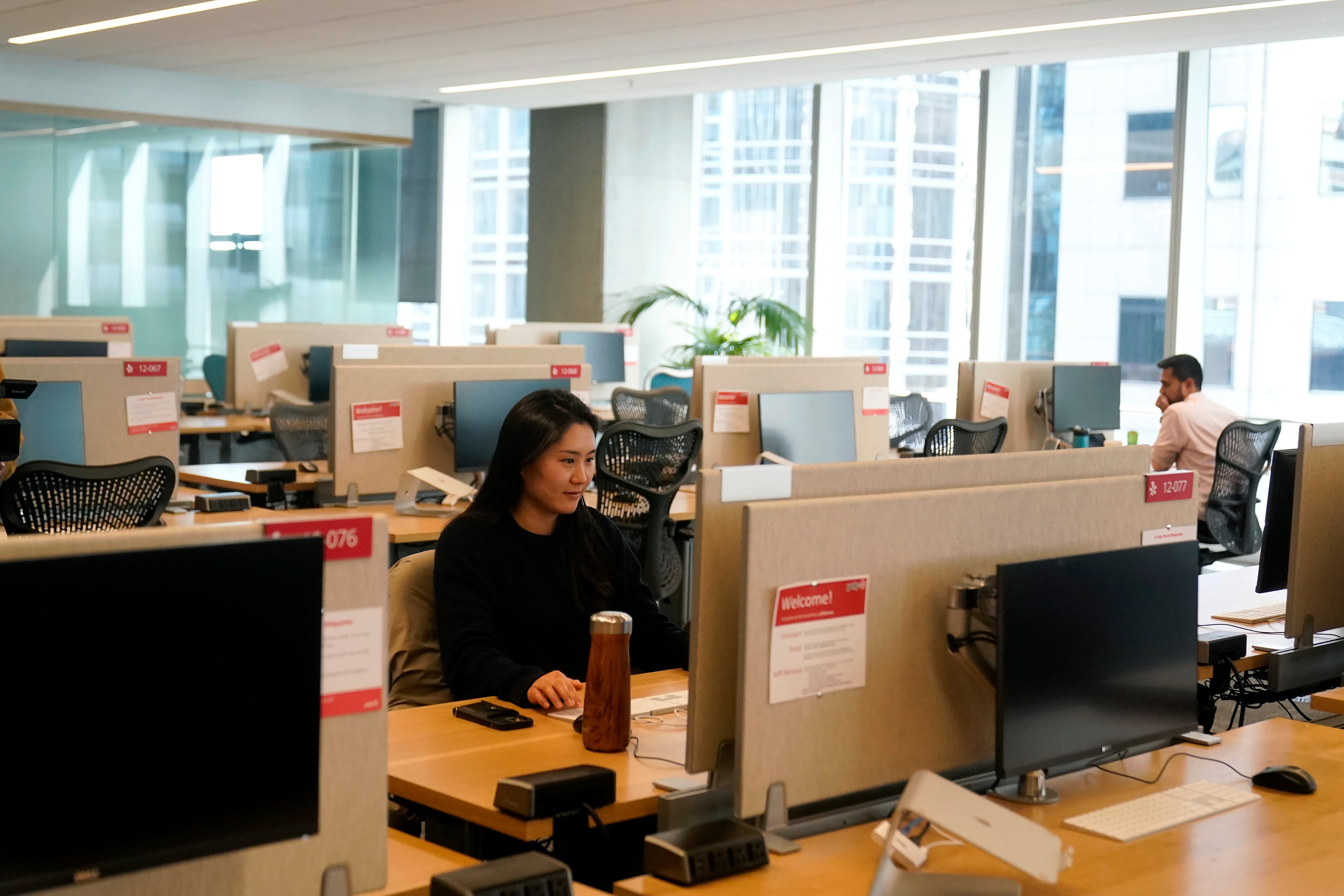By Stan Choe
Most stocks fell on Wall Street after Home Depot warned of flagging sales, the latest discouraging signal for an economy under pressure. The S&P 500 lost 0.6% Tuesday, and more than four out of five stocks in the index closed lower. The Dow fell 1% and the Nasdaq slipped. Home Depot said it’s seeing pressure across its business, and it cut its financial forecasts for the year. Retailers are under the microscope because resilient spending by households has been one of the main positives keeping the economy from sliding into a recession. Energy stocks also fell, while Big Tech limited the losses.
THIS IS A BREAKING NEWS UPDATE. AP’s earlier story follows below.
NEW YORK (AP) — Most stocks are falling on Wall Street Tuesday after Home Depot warned of flagging sales, the latest discouraging signal for an economy under pressure.
The S&P 500 was 0.3% lower in afternoon trading. The Dow Jones Industrial Average was down 234 points, or 0.7%, at 33,114 with less than an hour left in trading, while the Nasdaq composite was at outlier with a 0.2% gain.
Energy producers were the heaviest weights on the market as Exxon Mobil dropped 2.3% and Chevron fell 2%.
Home Depot was also down 1.5% after it said its revenue fell by more in the latest quarter than expected. It described broad-based pressures across its business following years of big growth, and it cut its forecast for sales this fiscal year given all the uncertainty going forward.
Other big retailers are scheduled to report their results later this week, including Target and Walmart.
They’re under the microscope because resilient spending by U.S. households has been one of the main positives keeping the economy from sliding into a recession. If it buckles, a recession may be assured, and the pressure is on because measures of confidence among shoppers have been on the decline.
Manufacturing and other areas of the economy have already cracked under the weight of higher interest rates meant to bring down inflation.
A separate report on Tuesday said that spending at U.S. retailers across the country broadly rose last month, but not by as much as economists expected.
“There’s often a gap between how people say they feel and how they spend their money, but the retail sales report shows people are beginning to cut back on big ticket items and discretionary categories like sporting goods,” said Brian Jacobsen, chief economist at Annex Wealth Management.
Economists pointed to some brighter spots underneath the surface of the report on retail sales, including stronger-than-expected gains after ignoring auto fuel costs. A separate report released later in the morning also offered some encouraging data: The nation’s industrial production unexpectedly grew in April.
Treasury yields in the bond market rose following the reports. The yield on the 10-year Treasury climbed to 3.54% from 3.51% late Monday. It helps set rates for mortgages and other important loans.
The two-year Treasury yield, which moves more on expectations for action by the Federal Reserve, rose to 4.06% from 4.01%.
The wide expectation on Wall Street is that the Fed will hold steady on interest rates in June. That would be the first time it hasn’t raised rates at a meeting in more than a year, as it fights to get inflation lower. A pause by the Fed could offer the economy and financial markets some breathing room.
Big Tech and other high-growth stocks tend to be some of the biggest beneficiaries of easier interest rates, and they were helping to limit Wall Street's losses Tuesday despite the significant majority of stocks falling. Microsoft rose 1.1%, and Amazon gained 2.4%. They were the two strongest forces pushing upward on the S&P 500 when more than 80% of the stocks in the index were falling.
Also looming over Wall Street is the threat of the U.S. government defaulting on its debt for the first time. That could occur as early as June 1 unless Congress agrees to raise the credit limit set for the nation’s borrowing.
Leaders were set to meet in the afternoon to discuss the debt limit. The stakes are tremendous, and economists say failure to allow the federal government to borrow more could mean tremendous pain for both the economy and financial markets.
Most of Wall Street expects Washington to reach a deal because failure to do so would be so traumatic. But Congress has a history of waiting until the 11th hour on such matters, which could raise worries on its own.
In markets abroad, stocks in Shanghai fell 0.6%.
China’s economic recovery after the pandemic faces pressure from sluggish consumer and export demand, a government official said Tuesday, with retail sales and other activity in April weaker than expected.
Tokyo's Nikkei 225 rose 0.7%, continuing a climb toward its highest level since the early 1990s. Stocks across Europe were modestly lower.
___
AP Business Writers Matt Ott, Elaine Kurtenbach and Joe McDonald contributed.
